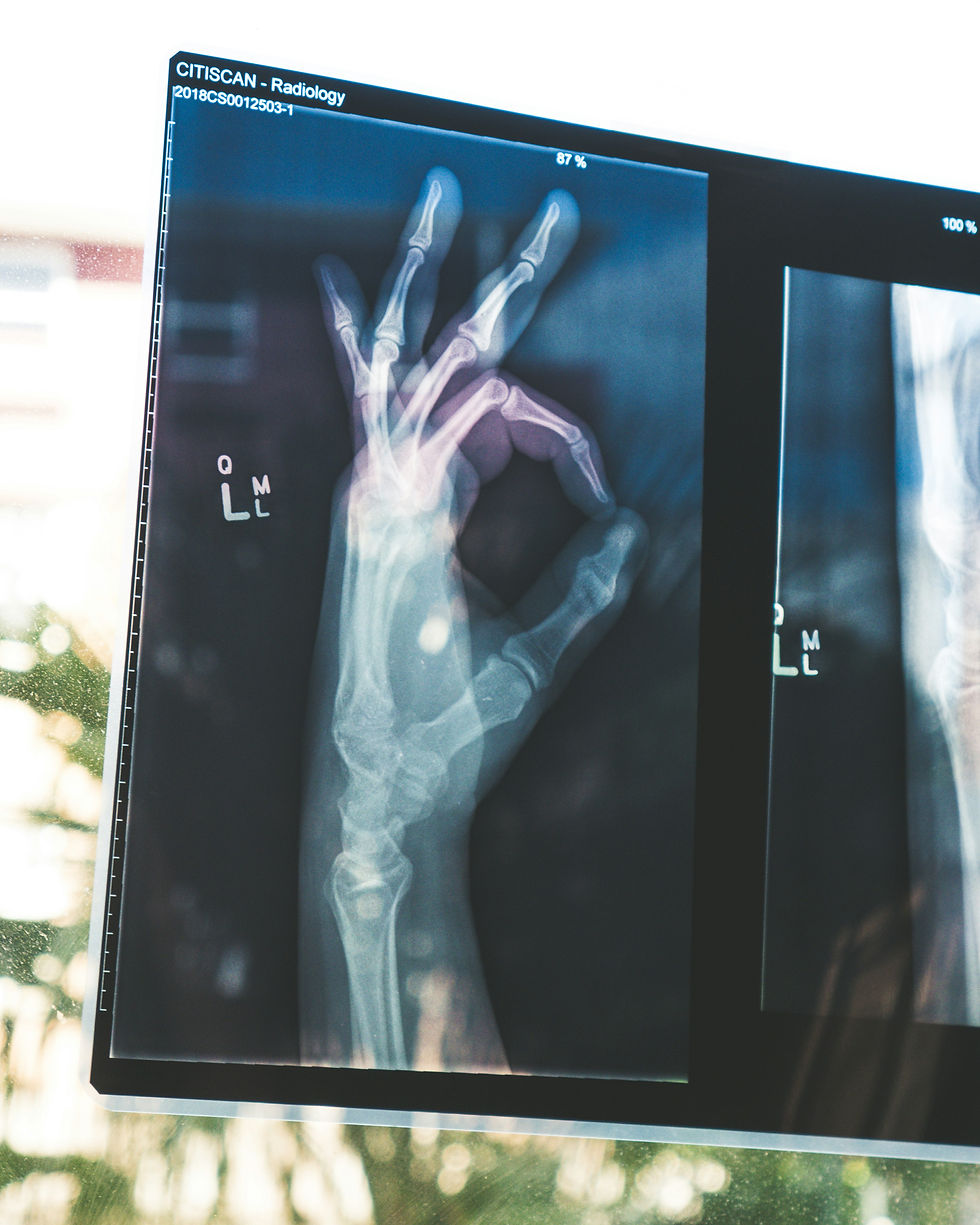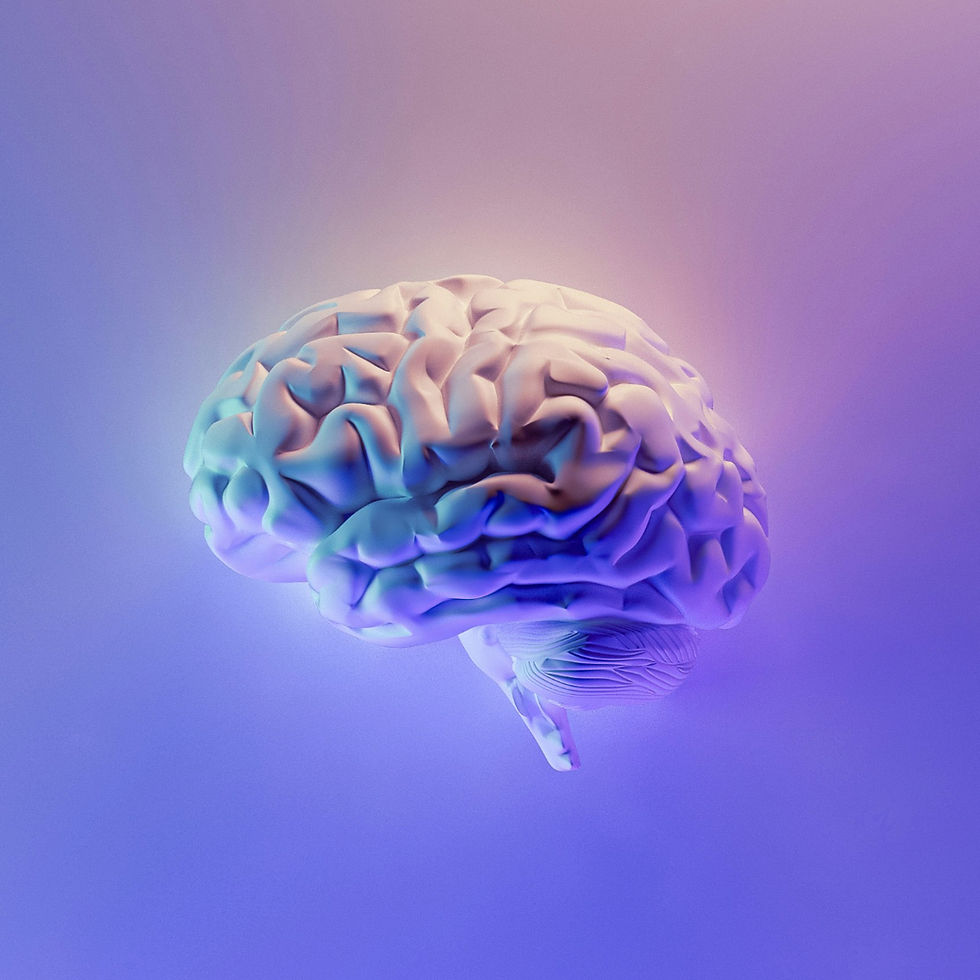Healing the Healers: Psilocybin Could Help Professionals Rebalance From Burnout
- Graham Nelson-Zutter, RPC
- Feb 9, 2025
- 2 min read
Updated: Mar 18, 2025
The aftermath of the COVID-19 pandemic has left countless helping professionals—doctors, nurses, and social workers—feeling worn thin by long hours, high stress, and emotional trauma. Depression and anxiety are rampant among those on the frontlines. But as traditional treatments fail to offer relief for everyone, innovative research into the effects of psilocybin may point toward a transformative new solution.
“Antidepressants work for most people, but there are about 30 percent who aren’t getting better. We need something new.”
—Thomas Roland Insel, Psychiatrist, head of National Institute of Mental Health (NIMH)
Anthony Back, a University of Washington professor and palliative care specialist, witnessed firsthand the toll on his colleagues during the pandemic. Burnout and despair were visible everywhere, and Back knew that current options for mental health treatment weren’t always enough. Drawing on earlier studies that found psilocybin therapy effective in reducing depression, Back decided to explore whether the psychedelic could also alleviate burnout in clinicians.

The response was staggering. When his university sought volunteers for a trial, over 3,500 clinicians applied to join. This reaction highlights a deeper truth: Many helping professionals are desperate for new approaches to self-care.
The Healing Power of a Guided Experience
The study’s design reflects a growing understanding of how psychedelics can aid healing. Participants begin with counselling sessions to prepare them for the experience. On the day of treatment, they receive a carefully administered dose of synthetic psilocybin in a calming, living-room-like setting, where they are monitored by therapists for up to eight hours. This structured support allows participants to explore their thoughts and emotions in a safe space.
Many clinicians, like those in previous studies, may encounter vivid, introspective experiences during their session—whether in the form of hallucinations, deep emotional insight, or a quieting of internal criticism. These moments can foster long-term changes, including increased resilience, emotional flexibility, and improved relationships.
A New Approach to Self-Care To Prevent Burnout
While psilocybin therapy remains under federal restriction in many places, areas like Oregon and the Netherlands have led the charge in offering safe, legally sanctioned access to such treatments. Psilocybin retreats in the Netherlands, in particular, provide a holistic approach to healing. These retreats combine therapeutic psilocybin sessions with practices like meditation, nature walks, and community support—an ideal environment for overworked professionals to reset and rediscover their well-being.
These programs could hold immense promise for clinicians who are struggling to manage both personal and professional pressures. As studies continue to show reduced symptoms of burnout, depression, and anxiety, the case for psilocybin therapy as a vital tool for self-care becomes stronger. It is time for helping professionals to prioritize their own mental health, recognizing that taking care of oneself is essential to taking care of others.
Whether through a structured research trial or a rejuvenating retreat abroad, psilocybin-assisted therapy offers a new frontier in healing—one that encourages helping professionals to pause, reflect, and ultimately, find peace.
Sources:
Silberner, J. (2022, June 7). Can psilocybin treat burnout? Clinicians sign up to see. Harvard Public Health. Retrieved from https://harvardpublichealth.org/mental-health/can-mushrooms-beat-burnout-clinicians-sign-up-to-see/.



Comments